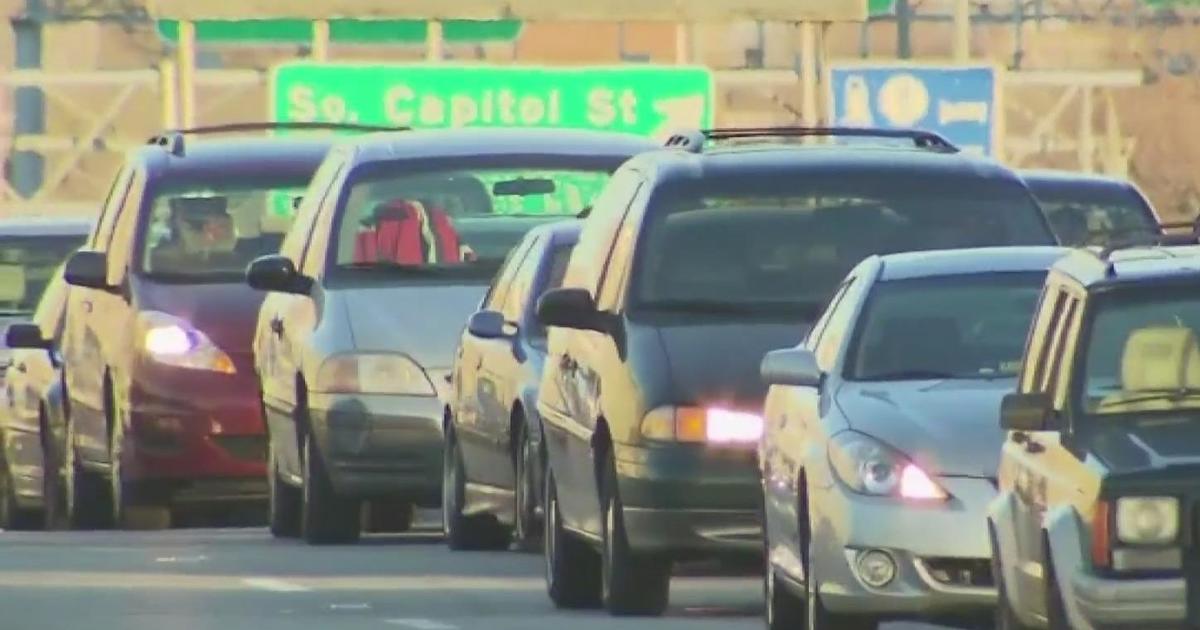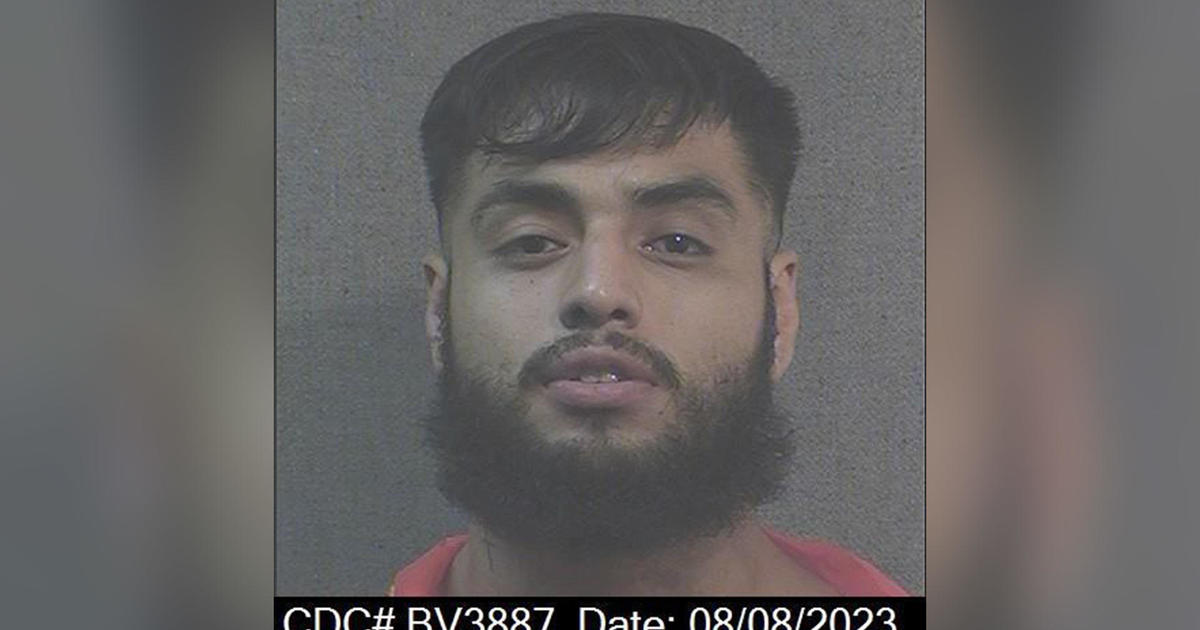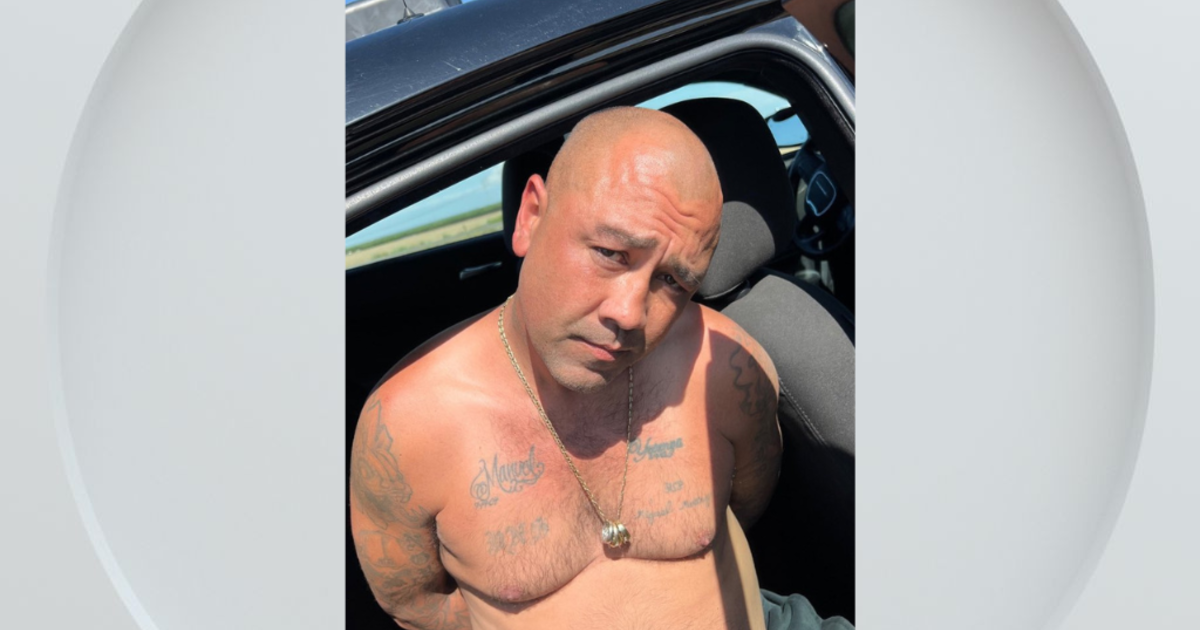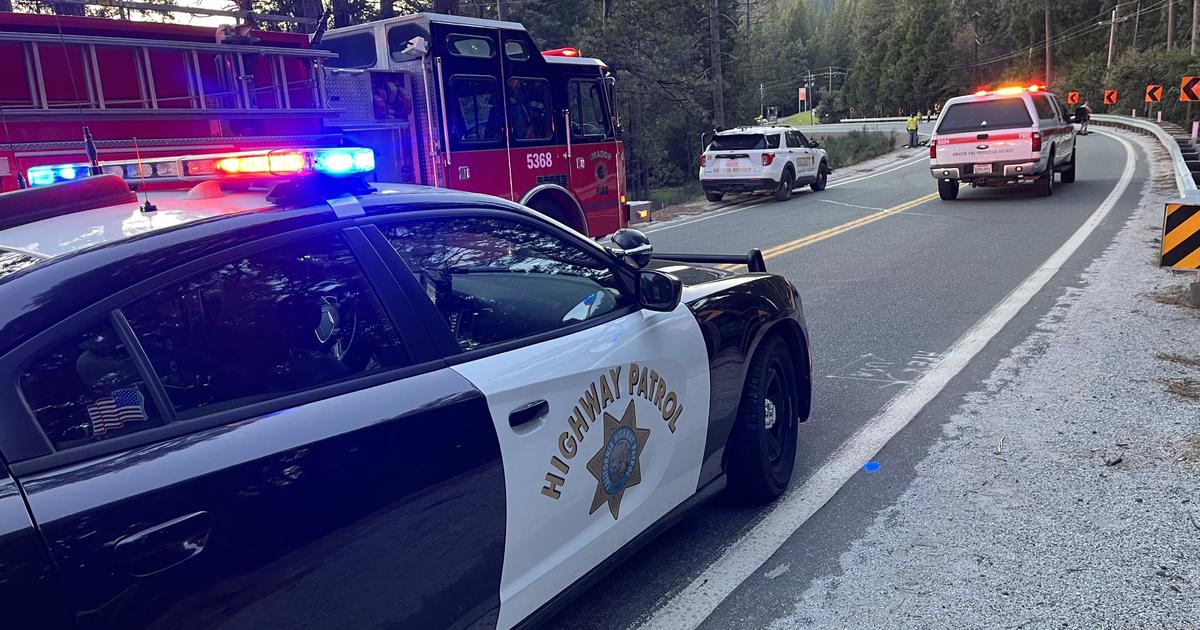Support For Lowering Legal Blood-Alcohol Level To .05 Hard To Find Outside NTSB
SACRAMENTO (CBS13) — States are being urged to consider lowering their legal blood-alcohol level from 0.08 to 0.05 in an effort to cut crashes.
It's the second time the National Transportation Safety Board has pushed the change, but it has no authority to make the change and is instead pressing states to make the change.
The NTSB estimates reducing the limit would save nearly 1,000 lives on the roads each year.
"Alcohol remains the No. 1 killer on our roadways," said Chris Cochran with the California Office of Traffic Safety.
He says alcohol is a problem, but in recent years the number of alcohol-related accidents have dropped in California and across the country.
In 2003, all 50 states had dropped their limit to 0.08.
"Individual states can change it if they want to, but there is an incentive not to. They'll lose federal dollars," he said.
That year, Congress mandated states adopt the 0.08 limit or risk losing highway funding.
But the new lower limit doesn't seem to have an advocacy group behind it. Mothers Against Drunk Driving and the American Automobile Association declined to comment.
Assemblyman Jim Frazier issued a statement saying, "I believe any information from the National Transportation Safety Board and stakeholders to lower the legal alcohol limit for driving should be taken seriously."
In Midtown Sacramento, restaurant goers said it wouldn't take much alcohol to get them to a 0.05 limit.
"I don't know if people think 'Oh, I've had to cocktails, I'm at 0.08' or not, but maybe at 0.05 they say they'll only have one and get home safe," said bartender Evan Cloud.
UPDATE: MADD issued the following statement on the potential change:
"MADD currently supports the national standard of .08 BAC while also continuing to strongly recommend that those who drink alcohol not drive.... The Campaign [to Eliminate Drunk Driving] also enjoys widespread support, including that of the NTSB, which has recommended that states enact an all-offender ignition interlock law and backed advanced drunk driving prevention technology research."



